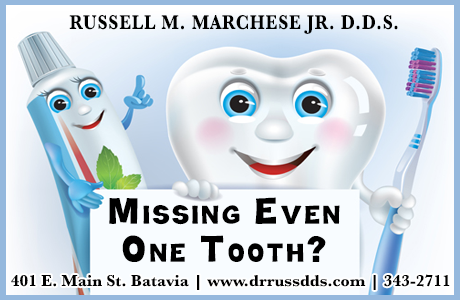When I was in dental school, one of our requirements was to fill a certain number of cavities with pure gold. Gold works well in our mouths but very few dentists use gold for fillings anymore. In dental school and after, we placed many silver amalgam fillings in the teeth of our patients. Eventually we would polish them up and marvel at how nice they looked. But, times have changed. Many people these days don’t have any fillings at all. But as far as filling materials go, they do get better and better. Someday, maybe before we completely rid our mouths of tooth decay, we will discover that perfect filling material. What are we using now? Basically, silver amalgam, composite resin and sometimes porcelain.
We have been using silver amalgam for 150 years and it is very hard to deny how well it has worked. Amalgam is a mixture of metals. Amalgam fillings are about half silver and half mercury with maybe some tin and copper thrown in. Once mixed, those metals come together to form another substance. We place it in the tooth and it eventually hardens. There may be a very low level release of mercury vapor over time but the overwhelming majority of evidence is that it does little or no harm. Amalgam is easily placed, extremely hard, and no material, to date, will last as long especially if they are small fillings. Some disadvantages besides the mercury content are that amalgam fillings can turn black and become very unattractive. They can also absorb moisture and expand to the point where they can crack teeth. Eventually, all fillings will break down and leak, causing decay around the filling.
Many dentists use predominantly the tooth‐colored filling material called composite. This is a particle‐filled resin or plastic material that hardens when exposed to a certain wavelength of light. Composites are bonded to teeth which makes them very strong. And there are many kinds of composites. Some are harder, some are prettier, some are smoother. Unlike amalgam, composites are more difficult or tricky to place, but they have many advantages. Of course they are tooth‐colored. And because they are bonded to the tooth, a dentist takes less tooth structure away, thus preserving more healthy tooth. Also when bonding in composite, larger fillings can be placed without pins or posts that have the possibility of hurting the tooth. In general, resin‐bonded composites will help a tooth stay together as opposed to causing it to break apart. Historically though, composites do wear faster than amalgam, and again, they can be tricky to place.
Porcelain is another option. These fillings are made outside of the mouth and then bonded into the tooth. Porcelain is very pretty, very hard and can preserve tooth structure. But it is usually the most time consuming and expensive option. We might see more porcelain restorations in the future as more dental offices become equipped to make them “in‐house”. Of course things keep changing.
So, what’s in your mouth?
Dr. Russell Marchese Jr. --
585-343-2711. Like us on
Facebook for more information.
